Horses
-
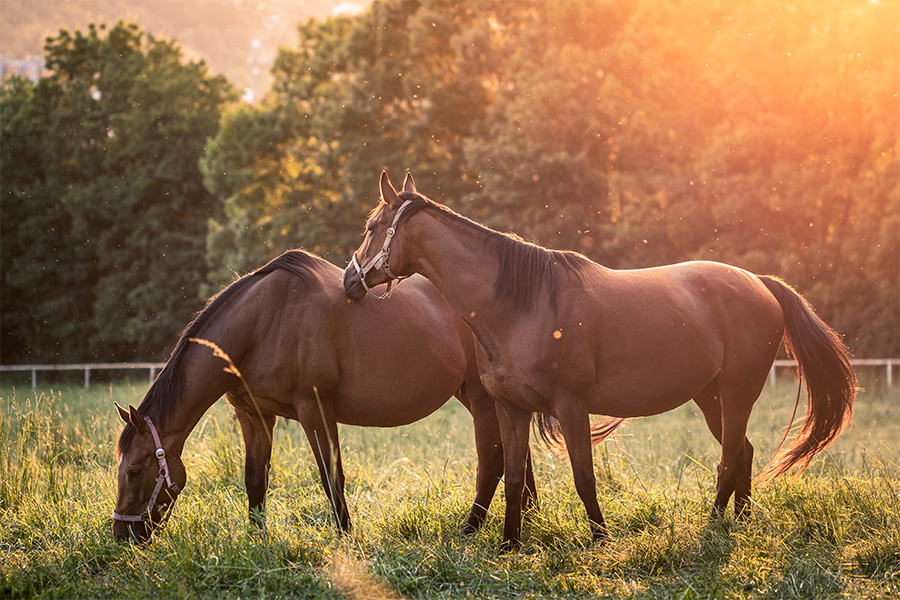
To have a successful equine breeding program, producers must successfully
manage animals both pre- and post-breeding to ensure delivery of a healthy foal
while maximizing the health of the mare. The following information is designed
give a basic understanding of how to identify pregnant mares, to outline major
events in pregnancy development, and to identify some primary issues that can
cause complications in pregnant mares.Jillian Bohlen and Kari K. Turner
|
-
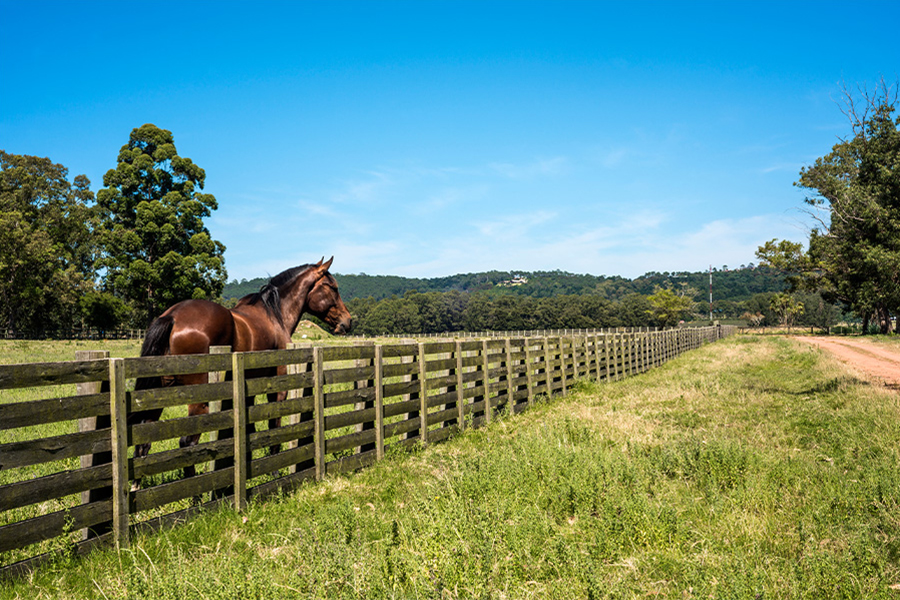
B 1192
Fences for Horses
Fences are necessary to safely confine horses yet provide them with the opportunity to exercise and graze. Because of the natural flight response of horses, they tend to injure themselves in fences more than most other livestock. In addition, many horses are extremely valuable and that justifies the extra cost of building a fence that is safe, strong and attractive. When selecting a fence, consider all three of these important functions: utility (keeping the horses in), safety and aesthetics. How much importance is placed on each function depends on the owner’s budget, the value of the animals and your priorities. A number of alternatives are available for consideration.
John W. Worley
|
-
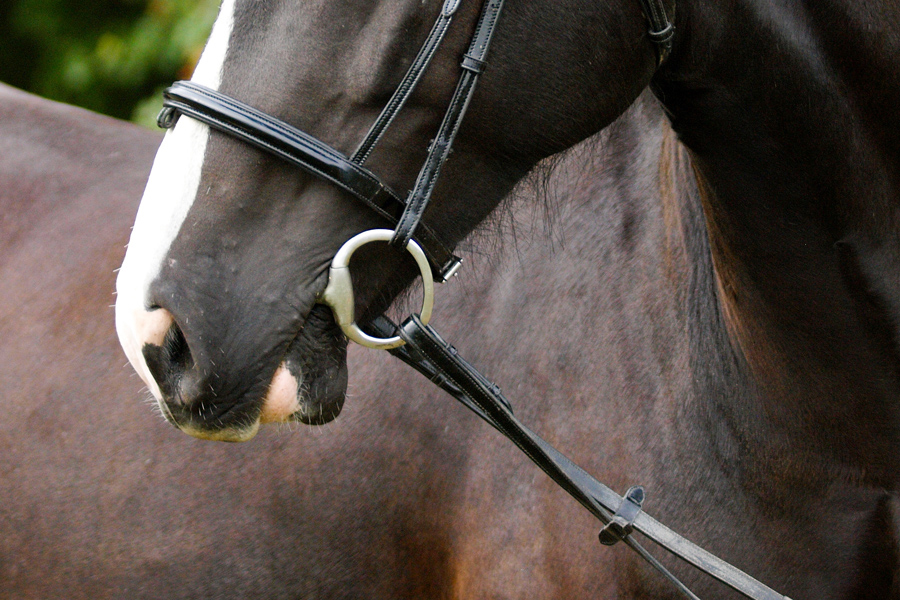
B 1379
Bits 101
Bit selection is a critical area of consideration for riders of all disciplines and levels. For many horse enthusiasts, lack of knowledge about bit types and functions, as well as common misconceptions held in the horse industry, can make choosing an appropriate bit a difficult process.
Kylee Jo Duberstein
|
-

This publication highlights the role of selenium in animal nutrition; selenium concentration and distribution in soils and feedstuffs (grains and forages) produced in various parts of the United States and in Georgia; disorders resulting from Selenium deficiency or toxicity; various methods of selenium supplementation; and recommendations for selenium management in Georgia. This publication is intended to serve as an educational resource for university researchers and Extension specialists, county Extension agents and livestock, forage and feed producers, among others.
Lawton Stewart and Uttam K. Saha
|
-
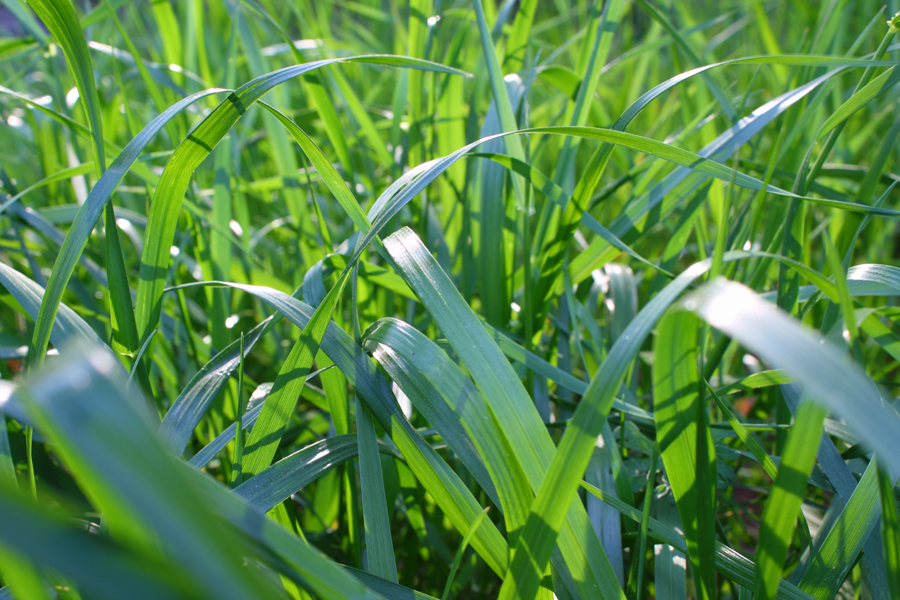
C 1180
Fescue Toxicosis in Horses
Tall fescue is the primary cool season perennial forage grown in the state of Georgia, and toxicity issues related to the grass can have significant impacts on equine reproduction. Tall fescue is the most heat tolerant of the cool season grasses due to a fungus that grows within the plant called an endophyte. This endophyte produces ergot alkaloids that can have negative effects on animals that eat the infected forage. The toxic effects of the endophyte can be successfully managed by eliminating the grazing or feeding of toxic tall fescue, as described in this publication.
Brenda Jackson, Dennis Hancock, and Lisa Baxter
|
-
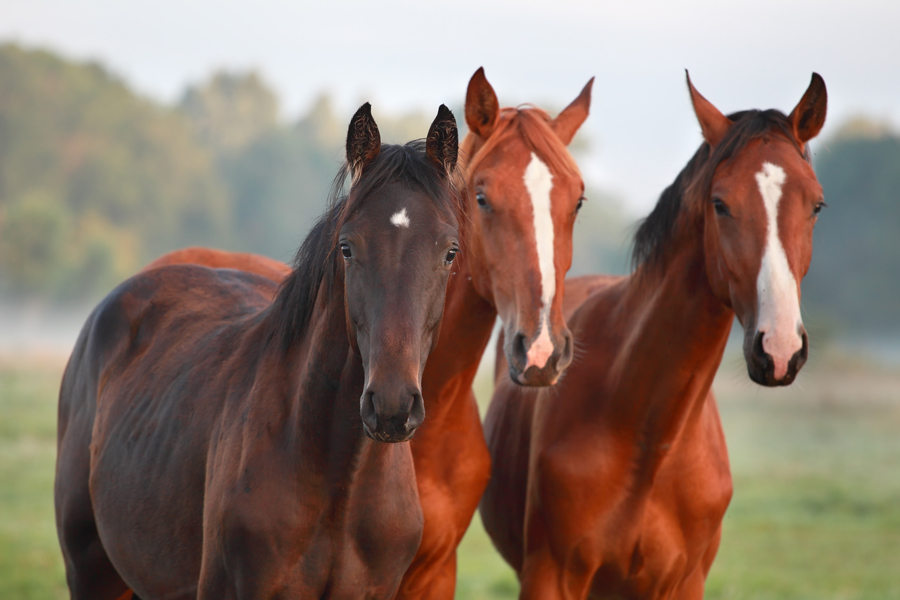
Parasite resistance is an increasing problem in livestock species, including horses. Equine deworming practices have historically involved a six-week rotational deworming schedule. However, these practices have led to parasite resistance to many of our available dewormers. This publication addresses the current recommendations for deworming based on fecal egg counts, including why parasite resistance is increasing and how and when to assess fecal egg counts in horses.
Kylee Jo Duberstein
|
-

Nutrition can play a key role in achieving peak athletic performance in horses. This publication discusses ways to enhance feeding strategies to maximize training and conditioning programs and keep horses in peak physical condition. It also includes a Body Condition Scoring table.
Kari K. Turner
|
-
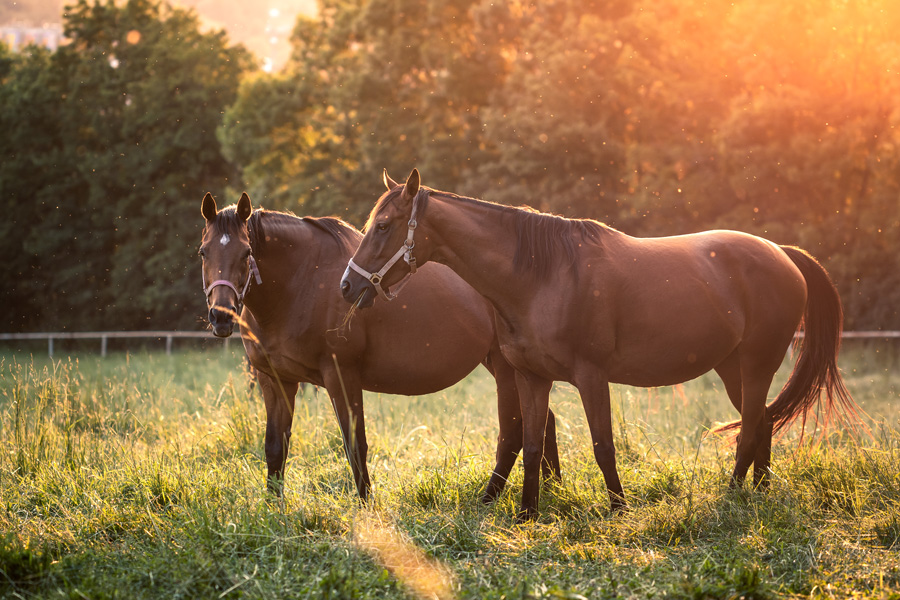
B 1465
Managing the Pregnant Mare
To have a successful equine breeding program, producers must be able to ensure delivery of a healthy foal while maximizing the health of the mare. The information in this bulletin is designed to provide basic concepts in pregnant mare management.
Jillian Bohlen and Kari K. Turner
|
-
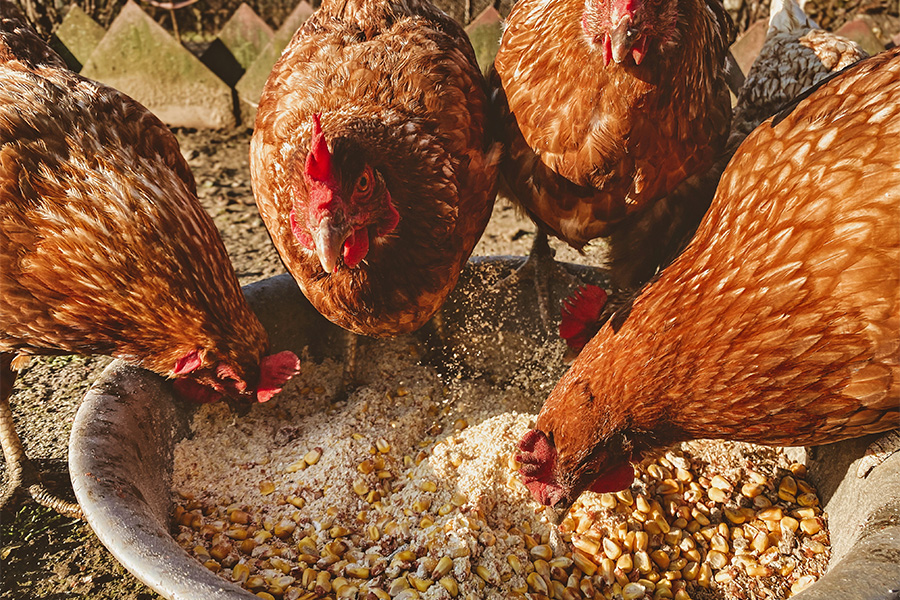
This bulletin is an educational reference for those who are interested in animal feeding and nutrition. It defines common terms used when discussing or reading about animal feeding and nutrition.
Uttam K. Saha and Lawton Stewart
|